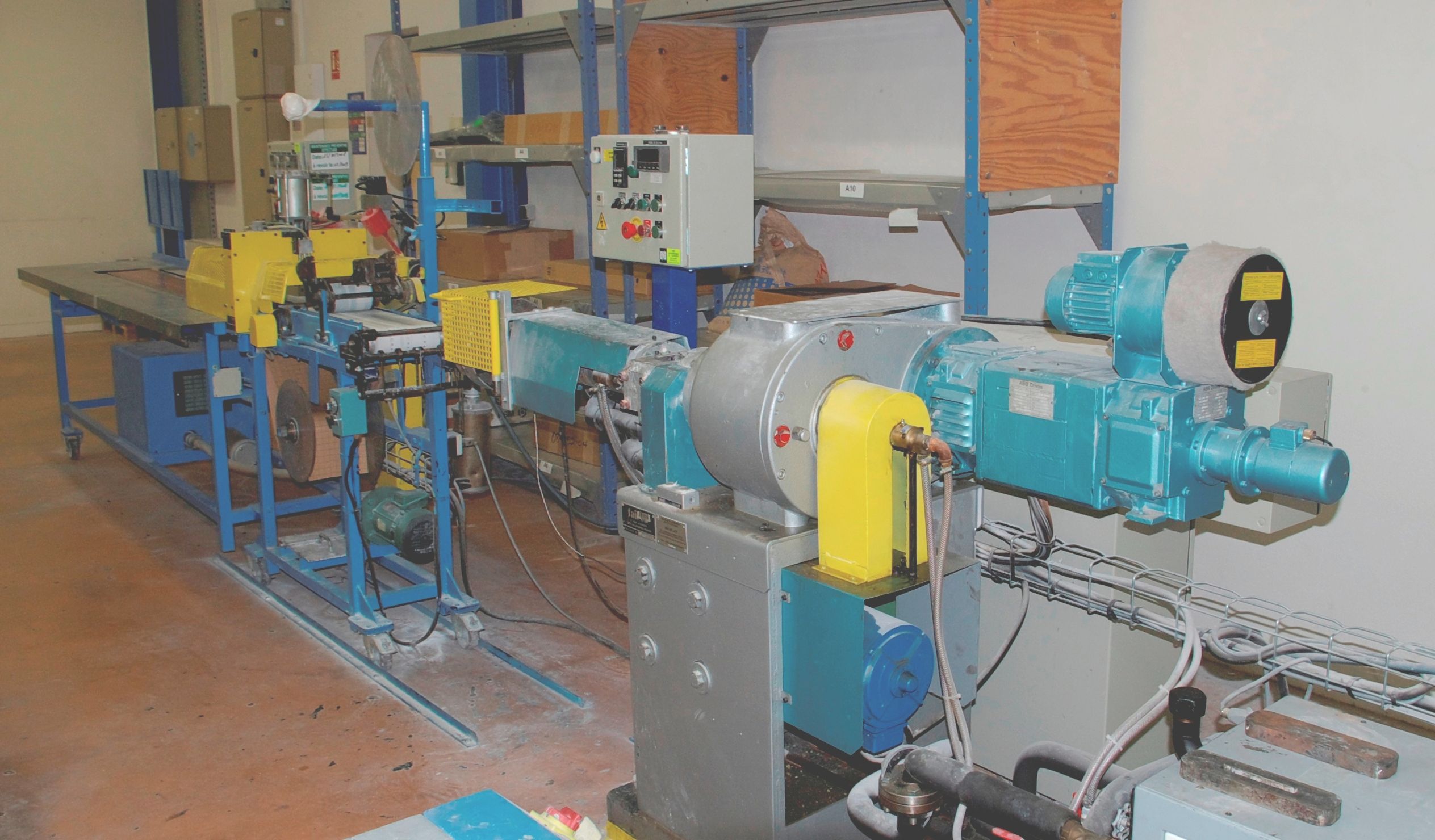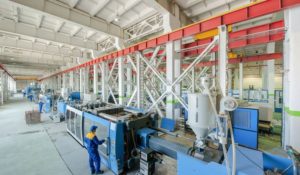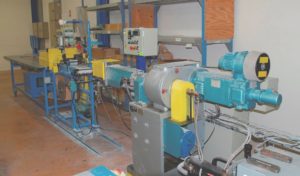
The Plastic Manufacturing Process In Brief
The plastic manufacturing process begins with organic products. These are natural products such as coal, natural gas, cellulose and, particularly, crude oil.
 Thousands of compounds make crude oil a complex mixture and it must be processed to become plastic.
Thousands of compounds make crude oil a complex mixture and it must be processed to become plastic.
This distillation process commences in an oil refinery with the separation of the heavy crude oil into lighter aggregates called fractions. Each fraction is a mixture of hydrocarbon chains. These chains are chemical compounds comprised of carbon and hydrogen and they differ in terms of the structure of their molecules as well as the size. The fraction naphtha is the essential component in the production of plastic.
The two dominant methods in the plastic manufacturing process are called polycondensation and polymerisation and they each involve a different chemical process. The end result is that in most instances a monomers lie ethylene and propylene are joined in the formation of tong polymers chains. The properties of each polymer, depending on the various types of elemental monomers, is unique in its structure and size. 
There are several types of materials produced by the plastic manufacturing process, and they can be segregated into two main polymer categories:
Thermosets, plastic that never softens after they have been molded and thermoplastics, which harden and soften according to temperature.
Types Of Thermosets Used In The Plastic Manufacturing Process Include:
(EP) Epoxide
(PF) Phenol-formaldehyde
(PUR) Polyurethane
PTFE) Polytetrafluoroethylene
(UP) Unsaturated Polyester Resins
Examples Of Thermoplastics Used In The Plastic Manufacturing Process Include:
(ABS) Acrylonitrile Butadiene Styrene
(EPS) Expanded Polystyrene
(PC) Polycarbonate
(HDPE & LDPE) Polyethylene
(PET) Polyethylene terephthalate
(PVC) Polyvinyl Chloride)
(PMMA) Polymethyl Methacrylate
(PP) Polypropylene –
(PS) Polystyrene
With thanks to Plastics Europe And Wikepedia

Leave a Reply